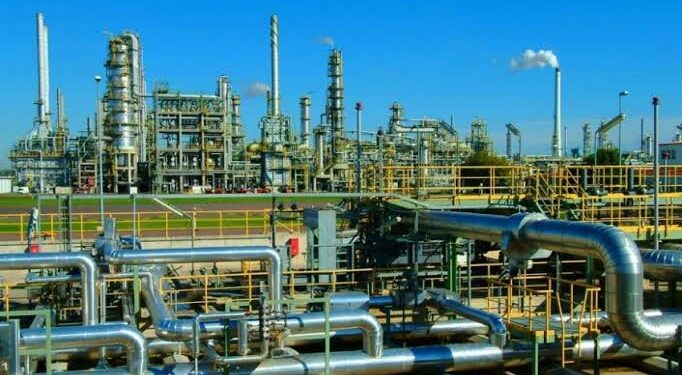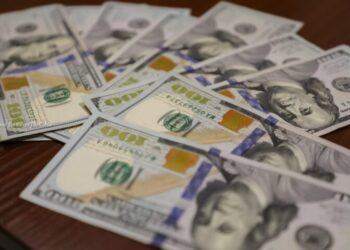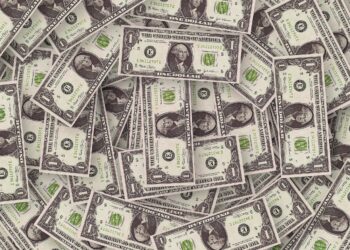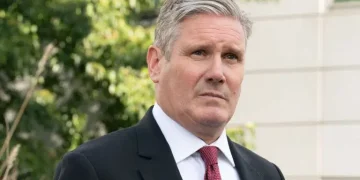Nigeria’s fuel supply drama is in full swing, with the Independent Petroleum Marketers Association of Nigeria (IPMAN) claiming that despite paying a staggering ₦40 billion to the Nigerian National Petroleum Company Limited (NNPCL), its members are still unable to load petrol from the touted Dangote Refinery. Apparently, Africa’s richest man, Aliko Dangote, isn’t making the process as easy as advertised.
According to IPMAN’s president, Abubakar Garima, the narrative of independent marketers buying fuel from the Dangote Refinery is simply false. Garima insists that if Dangote really wants IPMAN members to access his petrol, he should be registering marketers directly instead of filtering transactions through NNPCL. The current setup, he says, has left their payments tied up without any fuel in sight.
“If Dangote can sell to us directly, we’re ready to buy,” Garima pointed out. “We’ve got ₦40 billion with the NNPCL, yet our trucks sit idle for days at the refinery, unable to load a single drop of petrol.”

Meanwhile, Dangote, in a show of confidence, recently announced that he has over 500 million liters of petrol ready to go at his Lagos refinery. He even hinted at a supposed lack of interest from Nigerian marketers. But IPMAN’s Garima is having none of it, pointing out that with over 20,000 members, IPMAN has more than enough interest—and cash on hand—but is locked out of direct access to Dangote’s fuel supply.
Where’s the Real Problem? Check Your Price, Says IPMAN
Garima suggested that the problem might be Dangote’s pricing strategy. If importers are bypassing his facility, maybe it’s because the cost is simply too high compared to other sources. “If Dangote says marketers aren’t buying, he should look at his prices. Is it more than what’s available elsewhere? And how long does it take to reach the depots once we buy? These things matter,” he remarked, hinting that price and logistics are likely deterring independent marketers.
As the cost of living skyrockets in Nigeria, with petrol prices leaping from ₦200 to over ₦1,000 per liter within the last year, the public is left questioning the effectiveness of the policies introduced by the Tinubu administration. The removal of fuel subsidies and the unification of forex rates have drained household incomes, pushing many Nigerians to abandon their cars for the cost-effective but unreliable public transport system.
With IPMAN calling for direct access and better prices, one has to wonder if the Dangote Refinery will finally open its doors to independent marketers or if Nigerians will continue to face the relentless climb in fuel prices without relief. Garima voiced these frustrations during an interview on Channels Television’s Sunrise Daily, underscoring the urgent need for a new approach to Nigeria’s fuel distribution model.

















